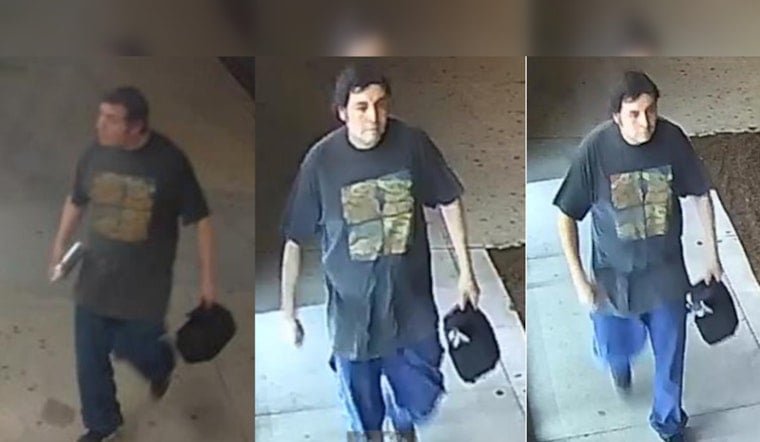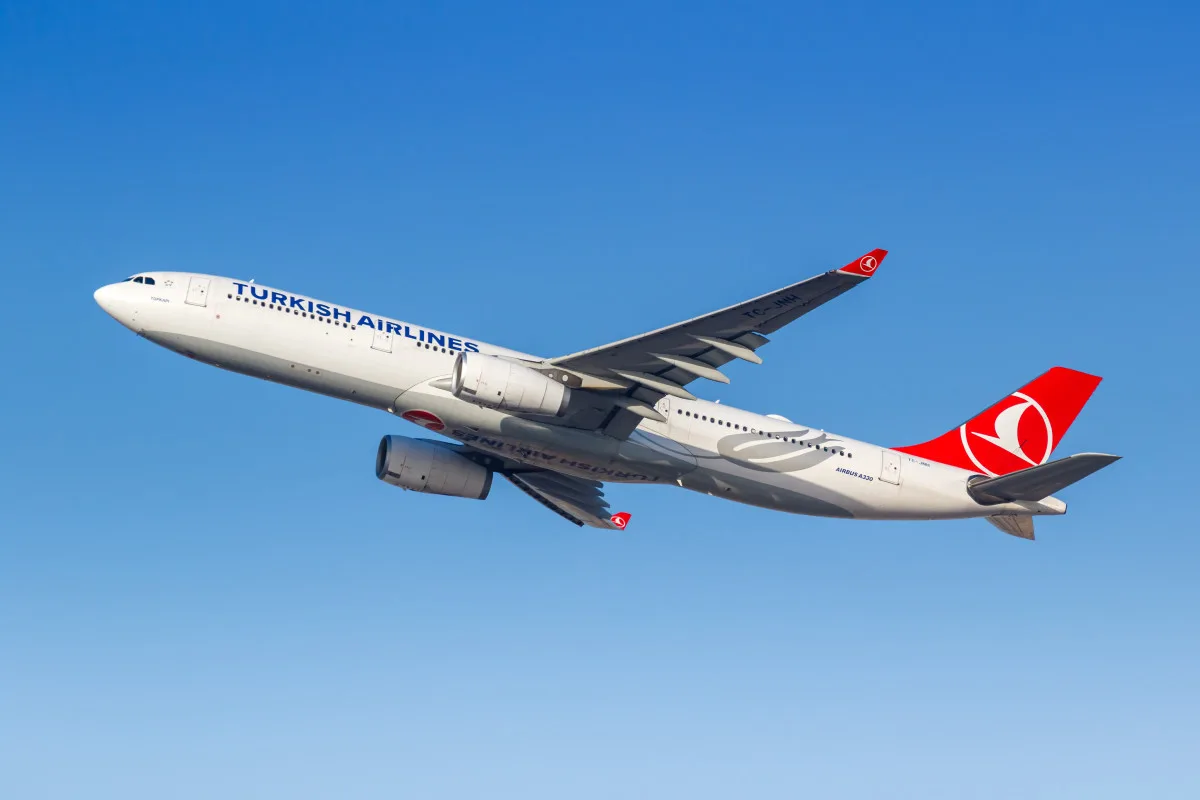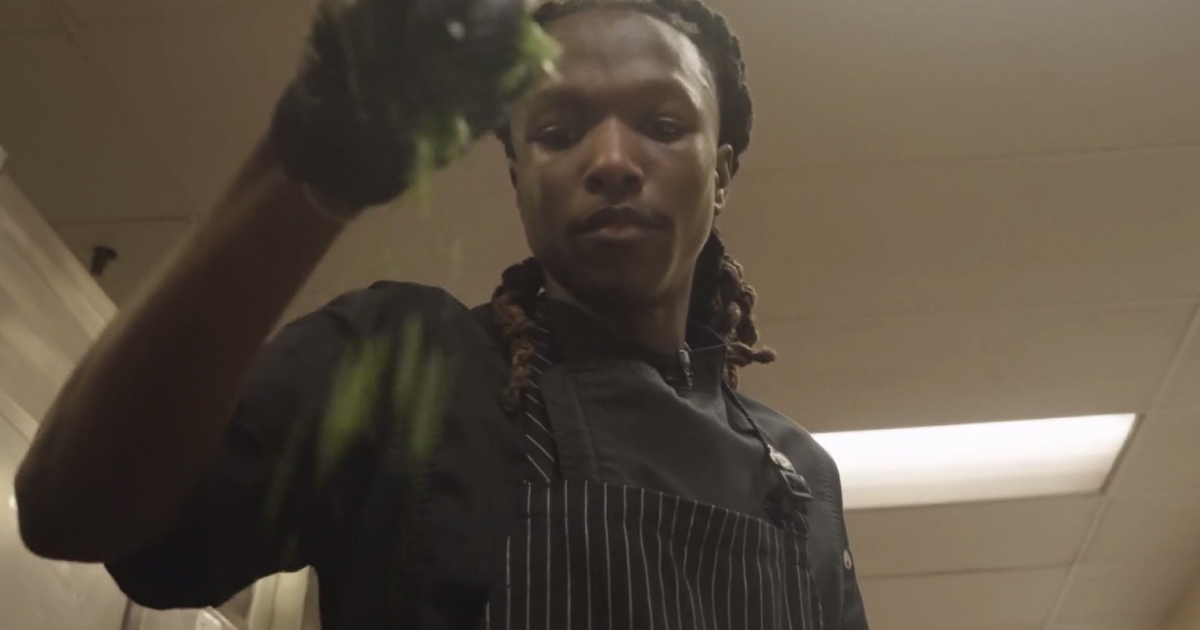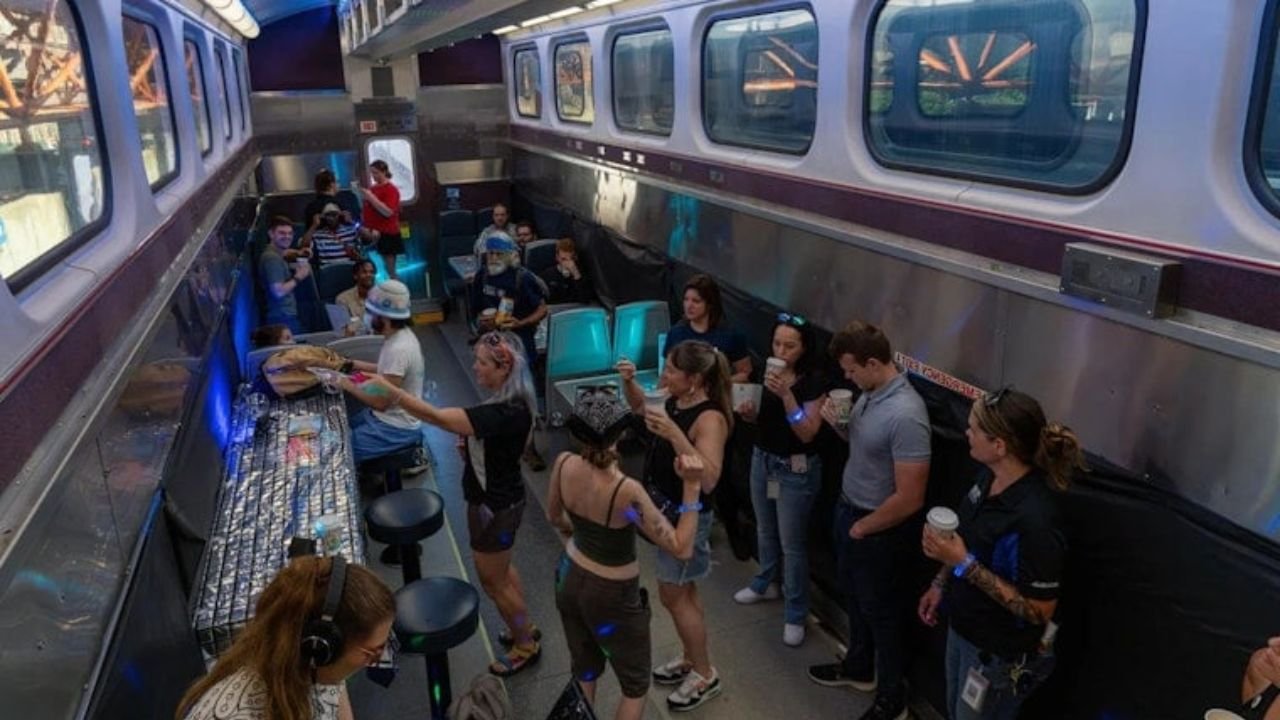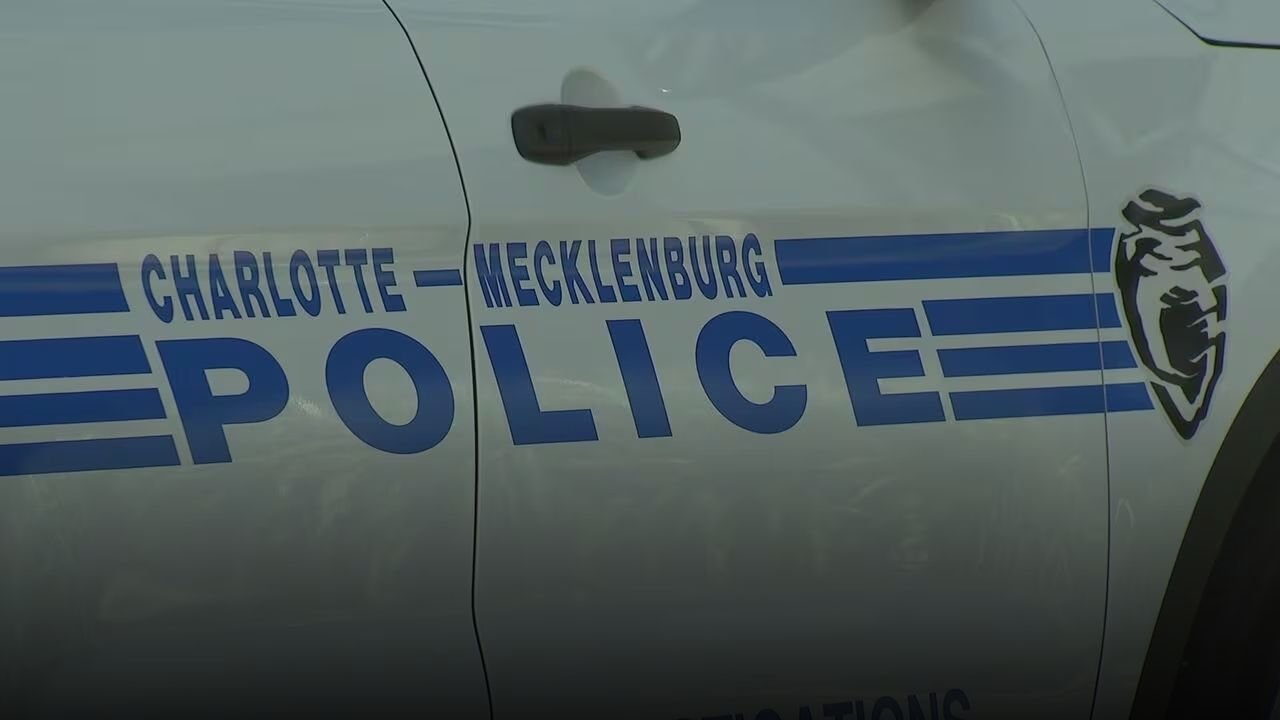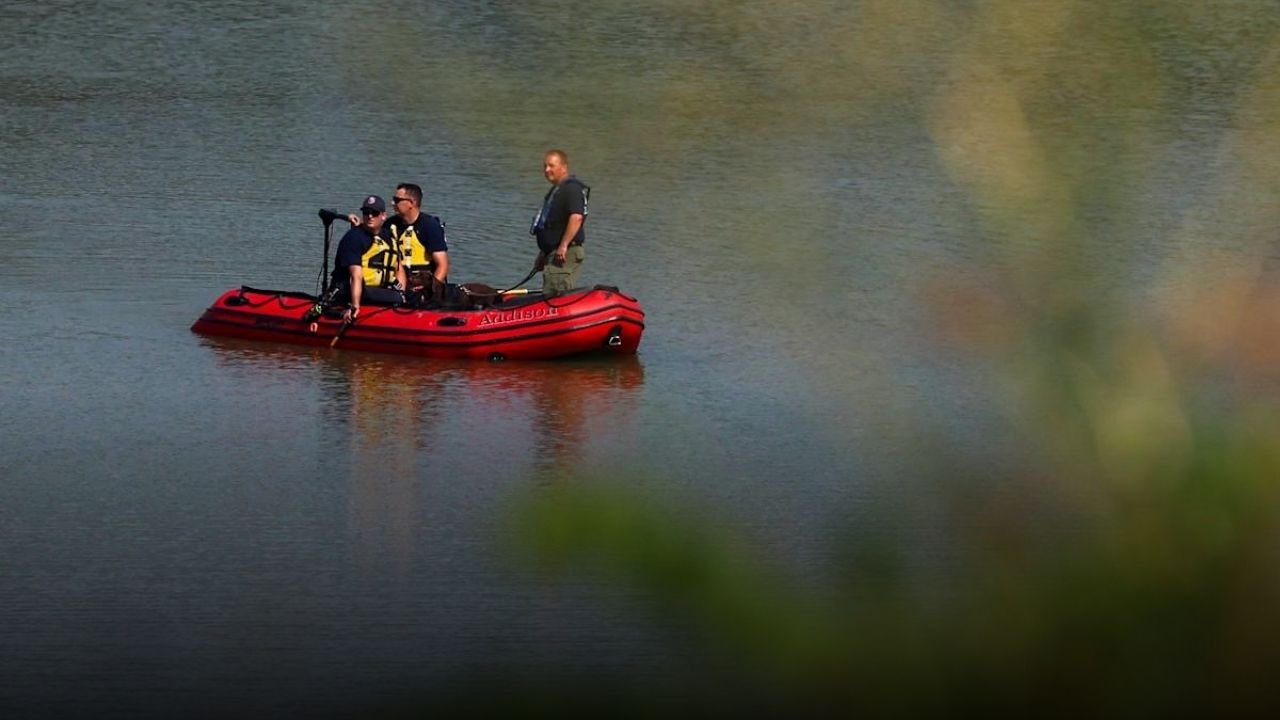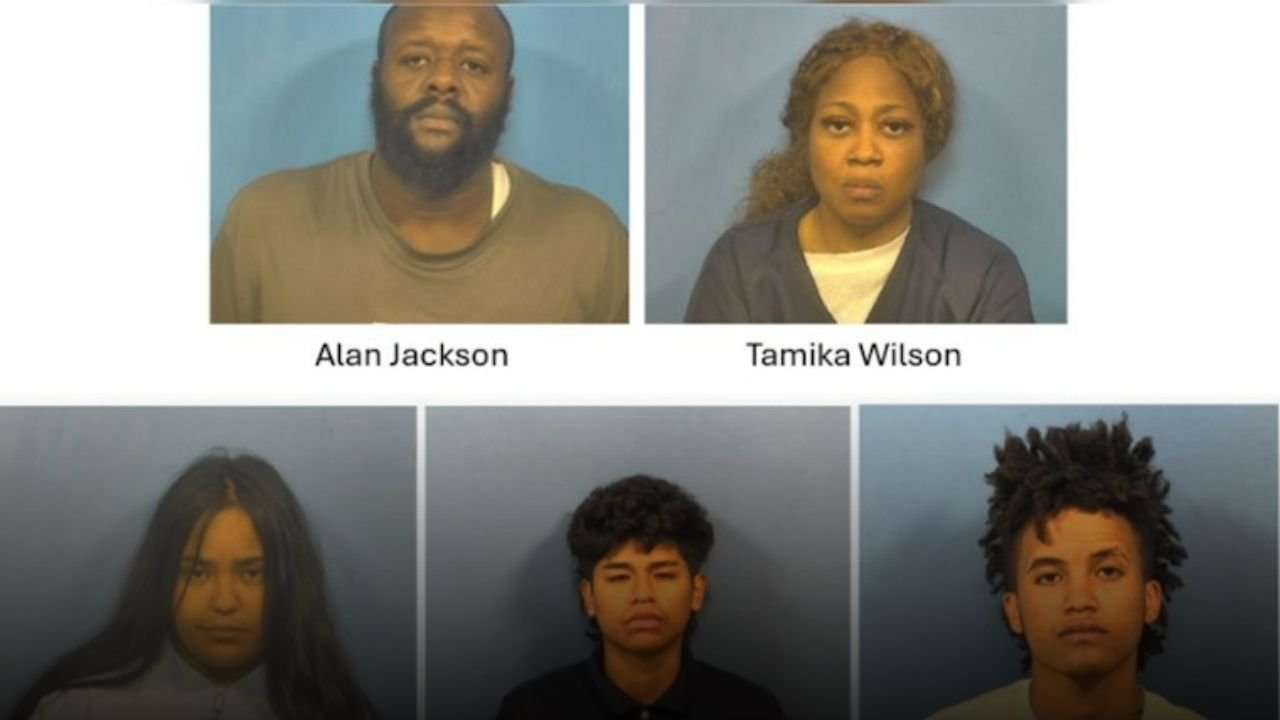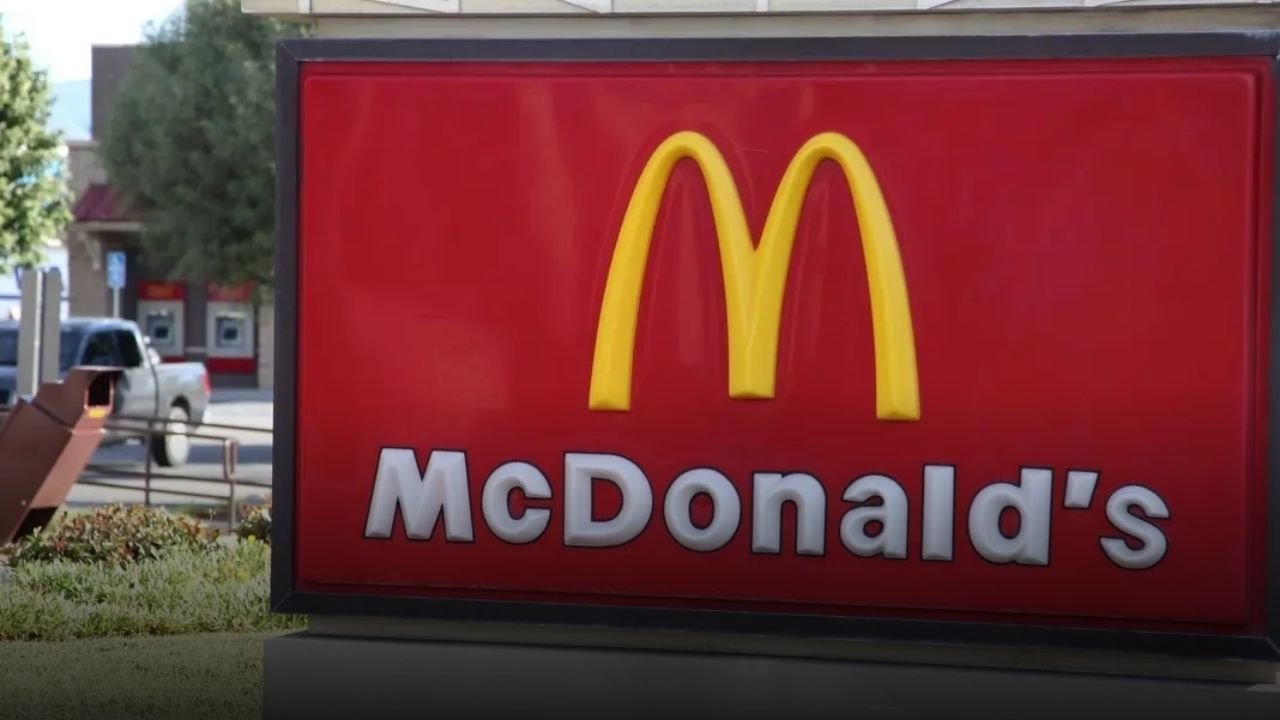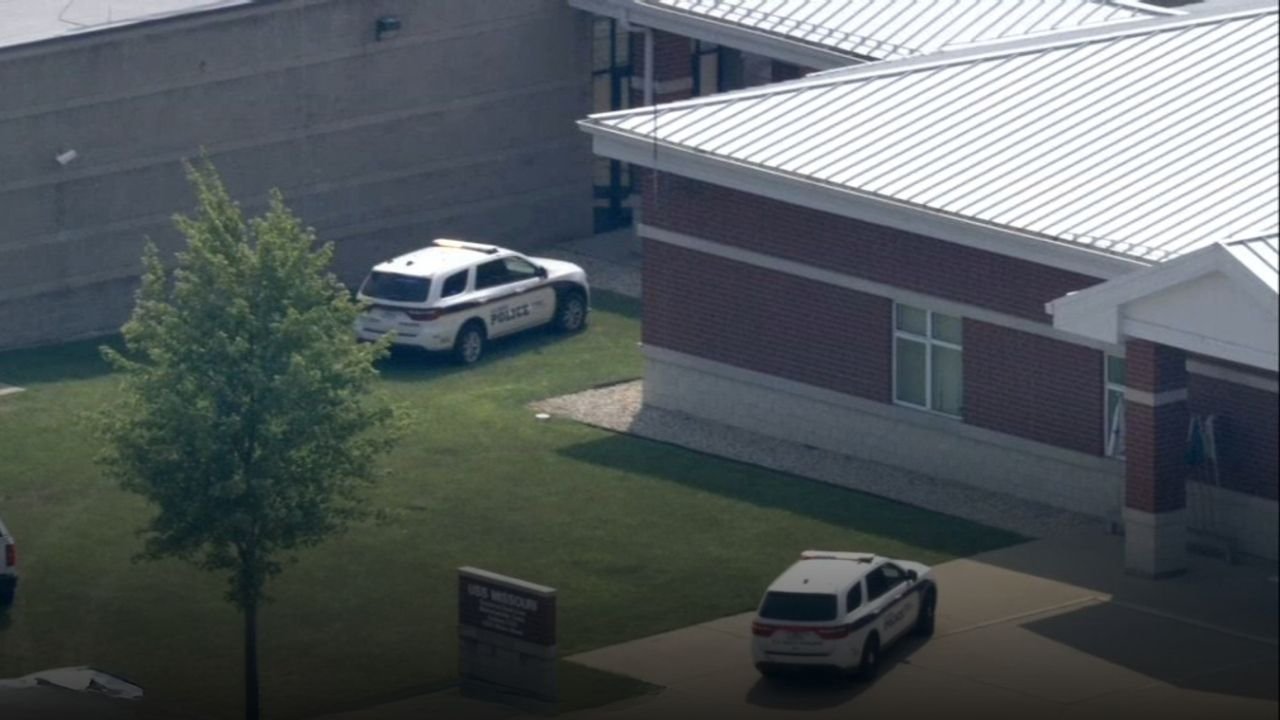CHICAGO — In the wake of sweeping federal budget cuts to National Public Radio, Chicago’s WBEZ 91.5 FM is making an urgent appeal to its listeners — not only for financial support but to safeguard the station’s legacy as a beacon of public service, cultural inclusion, and local journalism.
Last week, the U.S. House of Representatives slashed $1.1 billion from the Corporation for Public Broadcasting, which oversees federal funding for NPR and its affiliate stations nationwide. The move is part of a broader campaign by President Donald Trump’s administration to reduce government expenditures, especially those tied to media and education sectors.
WBEZ’s Funding Threatened — But Not Broken
WBEZ receives roughly 6% of its total budget from federal sources — a relatively small portion compared to rural stations, many of which depend on federal contributions for over a quarter of their funding. Yet for Chicago’s flagship NPR affiliate, the symbolic and operational impact is significant.
As detailed in the Chicago Sun-Times, the cuts threaten more than dollars. They jeopardize a vital institution that has, for decades, reflected the soul of the city — from covering local elections and public school board meetings to showcasing live jazz sessions and nationally syndicated storytelling.
“Respect and Joy Rather Than Derision and Hate”
First broadcasting in 1943 as the voice of the Chicago Board of Education, WBEZ has grown into one of the most recognized NPR affiliates in the country. Its original mission was straightforward: deliver war-time current events to students. But over time, it became an irreplaceable fixture in Chicago’s civic and cultural life.
The station’s ethos was deeply aligned with NPR’s founding mission, which emphasized “respect and joy rather than derision and hate” and “celebration of the human experience as infinitely varied.” Shows like Wait, Wait, Don’t Tell Me, Weekend Edition, and local programming such as Reset and Curious City all embody that spirit.
Yet in today’s hyper-polarized political climate, the role of public radio — especially one rooted in diversity and community engagement — has become more precarious.
“We live in an era of derision and hate,” the Sun-Times column notes. “The vacuous and banal are winning. But this past weekend demonstrated the mighty desire of patriotic Americans to refuse to surrender to apathetic helplessness.”
Public Radio at a Crossroads
Nationally, over 120 stations may lose 25% or more of their operating budgets, particularly in rural areas where NPR affiliates are often the sole source of emergency news and civic programming.
In contrast, while WBEZ is less financially reliant on federal funds, the station’s leadership emphasizes the moral and strategic importance of listener support in this moment. The cuts signal a chilling intent to mute independent voices and limit public access to information.
Listeners are encouraged to contribute directly at donate.wbez.org — a campaign that many view as a vote not just for radio, but for informed democracy.
Chicago’s Voice, Now and Tomorrow
Beyond finances, WBEZ’s impact has always been about connection — whether through compelling storytelling, community dialogue, or simply reminding Chicagoans that their voices matter.
The columnist recounts years of personal involvement with the station, from reporting live at Wrigley Field to floating in a sensory deprivation tank for a quirky 1980s segment. “Awkward situations made good radio,” he writes, a nod to the station’s fearless, human approach to journalism.
Even as the political landscape grows more hostile toward public media, WBEZ stands as a testament to Chicago’s resilience and diversity — and a reminder that freedom of information should not be left to chance or charity.
Have you relied on WBEZ for news, culture, or connection? Share your thoughts on public radio’s value — and what it means to you — in the comments at ChicagoSuburbanFamily.com.




